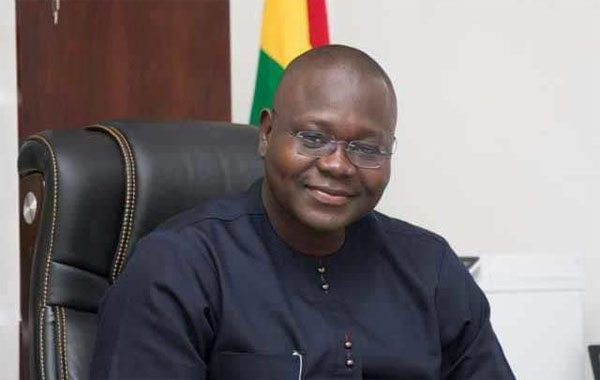Francis Asenso-Boakye
Deputy Chief of Staff and Political Assistant to the President, Francis Asenso-Boakye, says government is implementing its current policies and programmes to end poverty by 2030.
He said policies such as Free SHS, ‘Planting for Food and Jobs,’ ‘One District, One Factory’ and the Infrastructure for Poverty Eradication (IPEP), are important steps towards achieving the United Nations (UN) Sustainable Development Goal of ending all forms of poverty by the year 2030.
According to him, Ghana’s current efforts are direct and focused on alleviating the plight of the poor and that the impact even within two years of their implementation is obvious.
Mr. Asenso-Boakye disclosed this while speaking at a High-level Dialogue on Big Data and Global Poverty Reduction as part of the China International Big Data Industry Expo 2019 held between 26 and 29 May, 2019 in Guiyang, Guizhou Province, China.
The deputy chief of staff, who is also a development planner, discussed Ghana’s efforts and experiences over the years in alleviating poverty.
He indicated that “Ghana’s journey towards poverty alleviation took a concrete form when by year 2000 the country had taken the unenviable title as a Highly Indebted Poor Country (HIPC), with a GDP per capita of US$265 and 51 per cent of the population described as poor.”
He added that “a national development plan, under the Ghana Poverty Reduction Strategy, was developed and implemented, focusing on poverty reduction by investing in the production areas of the poor such as rural agriculture, informal sector, processing and commerce.”
“By 2008, poverty in Ghana had dropped to 25 per cent of the population while the African average was 43 per cent. The economic improvement had with it corollary social benefits, including free basic education, national health insurance scheme, school feeding programme for deprived areas and targeted welfare scheme for the poor and aged,” he added.
By Melvin Tarlue

